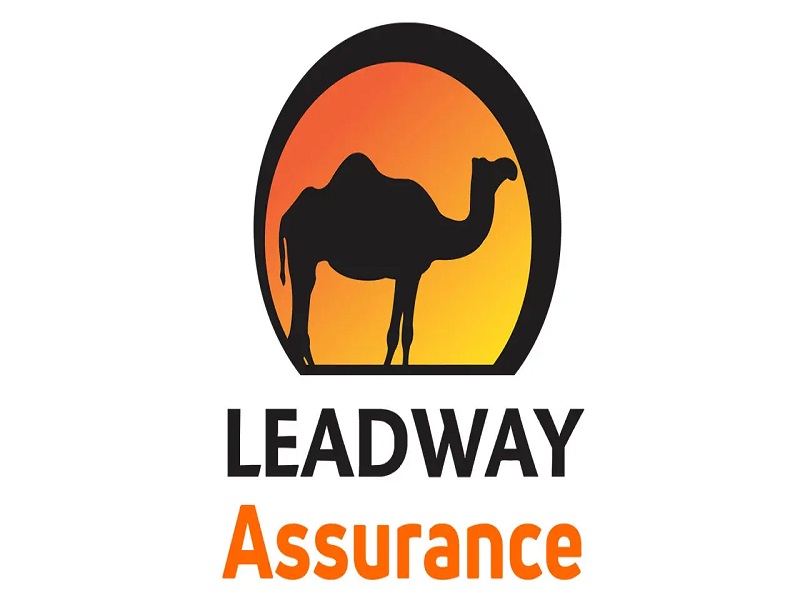Sterling One Foundation has formed a new partnership with the Japan International Cooperation Agency (JICA) to improve adolescent sexual and reproductive health in Nigeria.
The partnership, supported by the National Primary Health Care Development Agency (NPHCDA), kicked off in Abuja with a 2-day sensitisation workshop on adolescent sexual and reproductive health for nurses, midwives, and members of the Community Health Influencers, Promoters and Services (CHIPS) programme from Karu LGA, in Nasarawa State.
Research shows that the age-specific fertility rate in the 15-19 age group is about 106 per 1000 women, with this rate being higher in rural areas than urban areas. Unfortunately, childbearing at such a young age is associated with an increased risk of complications during pregnancy and childbirth and a higher neonatal mortality rate.
The multiple Indicator Cluster Survey (’16-’17) found that 19.2 per cent of young women aged 15–19 had started having children, with 3.1 per cent of women giving birth before they were 15. The emergence of this problem has been attributed to various factors, including early exposure to causal sexual activity, early marriage, rural community living, low social-economic status, peer pressure, lack of sex education, and others.
Mrs Olapeju Ibekwe, CEO of the Sterling One Foundation, while expatiating on te partnership, described it as a crucial part of healthcare reform in Nigeria, stressing that having the right hands always make a huge difference in any system.
“Health is one of the five focus areas for us at the Sterling One Foundation, and part of our goals is to make quality healthcare more accessible, and we can’t achieve that if the point of access for most Nigerians, which is the primary healthcare centres isn’t up to par, that’s why this partnership is significant. It represents our commitment to improving the efficiency of health workers, and in turn, impacting the quality of life of the people they serve,” she said.
For Sterling One Foundation’s partner, JICA, the rising prevalence of teenage pregnancies, unplanned births, and sexually transmitted infections in Nigeria poses an immediate concern, which they hope the workshops under this partnership can begin to address by equipping health workers with the right information and tips that can help cut down on the over 200,000 unplanned births attributed to teenage girls between the ages of 15 and 19, especially in Northern Nigeria.
The 2-day pilot workshop, which took place in Abuja featured sessions on pregnancy prevention, contraceptives, prevention of sexually transmitted infections in adolescents, personal hygiene, and general adolescent-friendly healthcare delivery.
JICA’s Lead Officer for Health Programmes, Ajibike Adewole, expressed delight at the success of the workshop, stating that she is excited about the ripple effect it will have on the various communities where the trainees work.
In her words, “sexual and reproductive health is an area that people often shy away from, especially with adolescents, but we understand the risk they face, which is why we have taken this approach of engaging the CHIPS who work at the community level to help them understand how to work with them better.”
She added that she hopes the results and learning from this pilot workshop will be used to improve the NPHCDA’s program training curriculum to ensure real.






























































